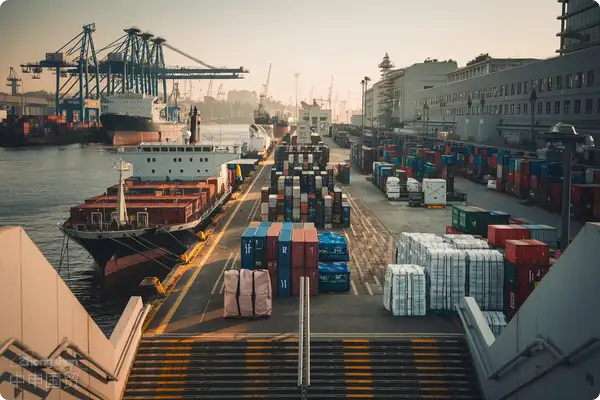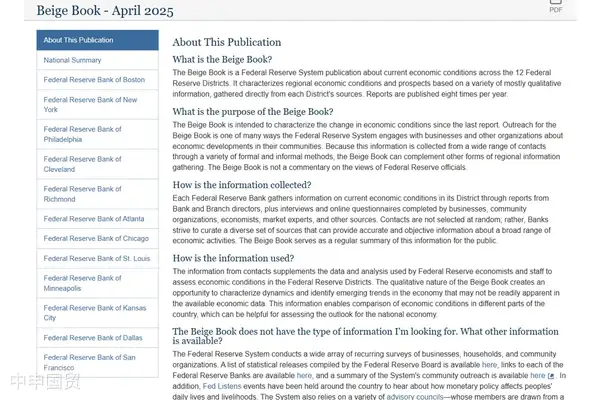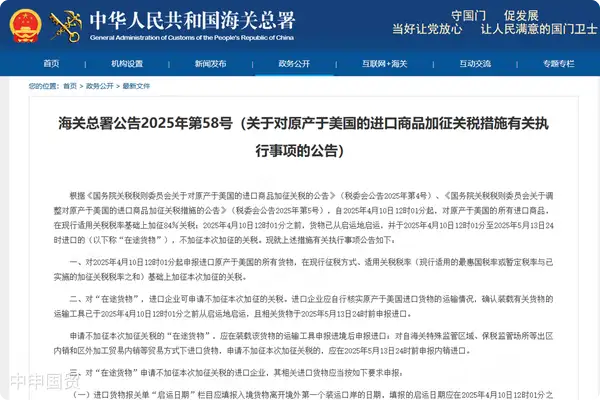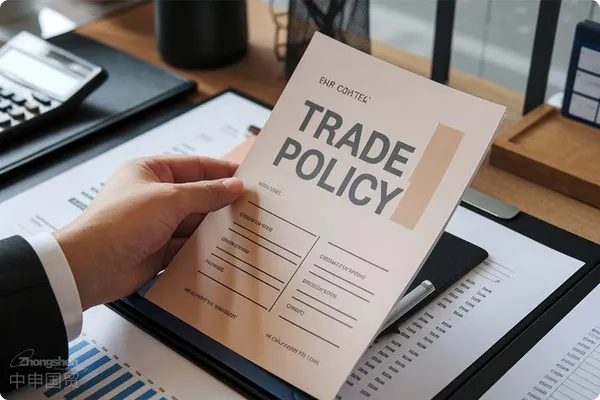- Shanghai Zhongshen International Trade Co., Ltd. - Two decades of trade agency expertise.
- Service Hotline: 139 1787 2118
I. Summary of Notification Details
1.1 Notification Background
Since 2024, the EU Rapid Alert System for Food and Feed (RASFF) has repeatedly reported the detection of animal-derived ingredients such as porcine, bovine, and poultry sources in processed composite foods exported from China to the EU, resulting in customs detention, market recalls, and confiscation of export products. These notifications primarily involve daily consumer goods such as instant noodles and flavored potato chips. To help export enterprises understand the regulatory requirements behind these issues, this article will provide a detailed interpretation of the EUs complex and stringent requirements for animal-derived ingredients in processed composite foods.
1.2 Summary of Notification Data
According to RASFF notification data, from January, 2024 to March, Chinas processed composite foods were notified 17 times for illegal addition of animal-derived ingredients, with Italy being the main notifying country. Below are the specific notification details:
| Notification Date | Notification Number | Product Name | Non-compliance Reason | Official Disposal Measures |
|---|---|---|---|---|
| 2024.1.22 | 2024.0479 | Pasta/Instant Noodles | Detection of Bovine-derived Ingredients | Confiscation |
| 2024.1.29 | 2024.0640 | Snacks | Detection of Bovine-derived Ingredients | Recall |
| 2024.2.16 | 2024.1108 | Noodles | Detection of Bovine-derived Ingredients | Enhanced Inspection |
| 2024.2.23 | 2024.1051 | Pasta | Detection of Bovine and Porcine-derived Ingredients | Official Detention |
| 2024.2.27 | 2024.1396 | Soy-based Steak | Detection of Porcine-derived Ingredients | Official Detention |
| 2024.2.28 | 2024.1116 | Pasta/Instant Noodles | Detection of Porcine, Bovine, and Poultry-derived Ingredients | Recall |
| 2024.2.29 | 2024.1270 | Instant Noodles | Detection of Porcine-derived Ingredients | Recall |
| 2024.2.29 | 2024.1473 | Snacks | Detection of Porcine, Bovine, and Poultry-derived Ingredients | Recall |
| 2024.3.15 | 2024.1519 | Steak-flavored Potato Chips | Detection of Porcine-derived Ingredients | Official Detention |
| 2024.3.18 | 2024.1987 | Snacks | Detection of Porcine, Bovine, and Poultry-derived Ingredients | Recall |
| 2024.3.18 | 2024.2024 | Tomato Cheese Seafood Pasta Seasoning | Detection of Porcine-derived Ingredients | Recall |
| 2024.3.18 | 2024.1947 | Prepared Dishes | Detection of Porcine, Bovine, Poultry, and Turkey-derived Ingredients | Official Detention |
| 2024.3.21 | 2024.2146 | Prepared Dishes | Detection of Poultry and Porcine-derived Ingredients | Official Detention |
| 2024.3.21 | 2024.2167 | Snacks | Detection of Poultry and Chicken-derived Ingredients | Official Detention |
| 2024.3.22 | 2024.2272 | Chicken-flavored Granulated Broth | Detection of Poultry and Chicken-derived Ingredients | Recall |
| 2024.3.22 | 2024.2279 | Pasta | Detection of Bovine and Chicken-derived Ingredients | Official Detention |
| 2024.3.25 | 2024.2344 | Noodles | Detection of Bovine and Chicken-derived Ingredients | Official Detention |
From these data, it can be seen that EU member state Italy frequently reports processed composite foods exported from China, with the main reason being the addition of animal-derived ingredients not approved by the EU, thus deemed as illegal additives.
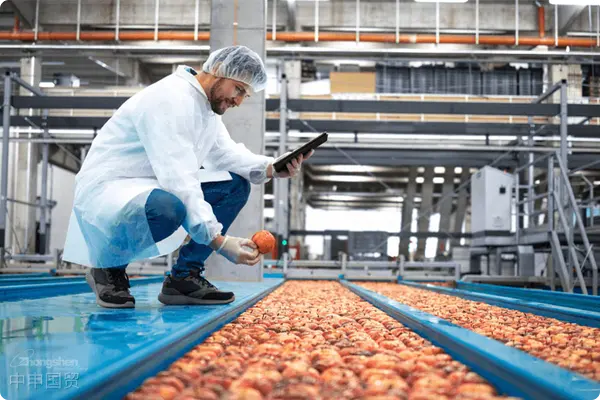
II. The Access Secrets Behind the Notifications
2.1 Definition and Classification of Processed Composite Foods
Processed composite food refers to food products containing both animal-derived and plant-derived ingredients simultaneously. Determining whether a product falls into this category requires attention to the following key points:
- Requirements for handling animal-derived ingredients: Animal-derived ingredients must undergo processing; products containing unprocessed animal-derived ingredients are not considered composite foods. For example, pork dumplings using raw pork would not be classified as composite food.
- Function of plant-derived ingredients: Plant-derived ingredients must play a substantive role in the product, not merely serve as decoration or seasoning. For instance, cumin in cumin steak only functions as seasoning without altering the products nature, thus the product remains an animal-derived food.
Based on whether special storage conditions are required, the EU categorizes processed composite foods into the following three types:
- Composite foods requiring refrigerated storage
- Ambient-stable composite foods containing processed meat ingredients
- Ambient-stable composite foods without processed meat ingredients
Most food products notified from China belong to ambient-stable composite foods containing processed meat ingredients. Below we focus on analyzing the EUs market access requirements for importing such foods.
2.2 Export Regulatory Basis Requirements
The EU implements different import control measures for products from different countries, with stricter access thresholds for higher-risk products based on the exporting countrys animal disease status, plant disease status, and official supervision level. Specific regulations include:
- (EU) 2022/2292: Requirements for the entry into the Union of consignments of certain animals and goods intended for human consumption
- (EU) 2016/429: Animal Health Law
- (EU) 2017/625: Official Controls Regulation
- (EU) 2021/405: List of third countries authorized for the entry into the Union of animals and products of animal origin intended for human consumption
- (EU) 2021/404: List of third countries authorized for the entry into the Union of animals and products of animal origin
- (EU) 2022/2293: Approved residue monitoring plans of third countries for certain hazards
- 2002/994/EC: Safeguard measures for animal-derived foods exported from China to the EU
According to these regulations, the EU implements strict access reviews for primary processed animal-derived products and animal-derived ingredients in composite foods. For ambient-stable composite foods containing processed meat ingredients exported from China to the EU, the main requirements are as follows:
A. Requirements for producing countries
The producing country must be EU-approved for exporting meat products to the EU and may use raw materials from its own country or other EU-approved countries. Currently, Chinas pork, beef, mutton, and horsemeat have not obtained EU export rights. Only processed poultry meat from Shandong Province can be exported to the EU under specific conditions (such as poultry vaccination, meat heat treatment processes, etc.). Therefore, composite foods containing bovine, porcine, or ovine ingredients produced by Chinese manufacturers cannotWhen exporting metal jewelry to the EU, especially during sample customs clearance, the requirements are often diverse. Especially in the current international environment, the EU has carried out more reviews and supervision of the origin of raw materials. The non - Russian material declaration you mentioned.
B. Requirements for overseas manufacturing establishments
For composite foods exported to the EU, the animal-derived ingredients must be sourced from manufacturing establishments in EU member states or third countries approved by the EU. Enterprises must ensure animal-derived ingredients come from EU-approved establishments and provide reasonable and accurate documentation in accompanying export files.
Additionally, manufacturers exporting composite foods do not need EU registration but must ensure product compliance, including production processes, formulations, labeling, packaging materials, etc., and provide accompanying documents such as importer self-declarations or official certificates.
III. How to Avoid the Pitfalls of Market Access
3.1 Clarify Product Categories
First, clarify whether the product is a processed composite food or an animal-derived food. If it is a processed composite food, ensure that the animal-derived ingredients have undergone processing and play a substantial role in the product.
3.2 Ensure Raw Material Compliance
Ensure that the animal-derived ingredients in composite foods meet the following requirements:
- Production country requirements: If composite foods containing pig, cattle, or sheep-derived ingredients are used, it must be ensured that these ingredients originate from countries approved by the EU for export.
- Supplier qualifications: Ensure that the suppliers of animal-derived ingredients have obtained EU approval and provide accompanying documentation proving their compliance.
3.3 Seek Professional Support
If companies are unable to determine whether they meet EU access requirements, they can seek technical support from professional third-party institutions to ensure compliance in production, formulation, labeling, and packaging materials, avoiding economic losses and market share decline due to non-compliance.
Related Recommendations
Core Business
Contact Us
Email: service@sh-zhongshen.com
Related Recommendations
Contact via WeChat

? 2025. All Rights Reserved. Shanghai ICP No. 2023007705-2  PSB Record: Shanghai No.31011502009912
PSB Record: Shanghai No.31011502009912
